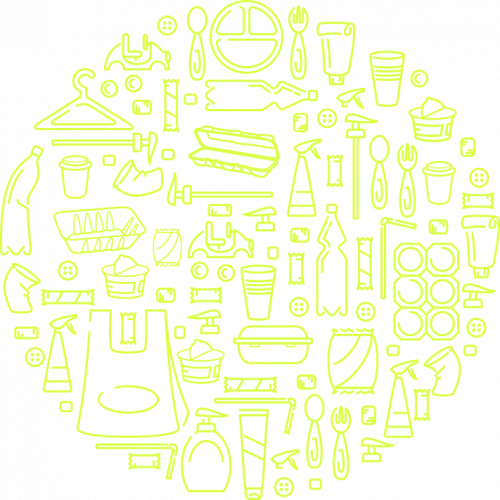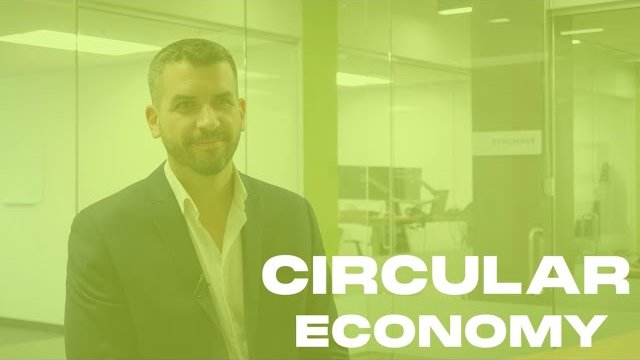At Pyrowave, we believe the future will be electric and that electricity will power a broad range of innovations serving circular economy and sustainable materials.

The essential
Plastics are core products in our modern economy, and their production has doubled for the past 15 years.
Despite their many benefits, plastics’ end-of-life problems are a core issue calling for innovative solutions.
Only 12%
of Plastics Generated Worldwide are Recycled
Pyrowave provides a unique technology to regenerate post-consumer plastics by breaking them down into intermediate products that are used to make plastics identical to virgin plastics, restoring their full value.
Polystyrene, also known as plastic #6, is used to make meat trays and small yogurt containers, among other things. These types of packaging are hard to recycle. Once used, they are discarded and often end up in landfills. Despite their benefits, these types of plastic packaging have to find a better end-of-life.
Producing polystyrene from recycled material generates 3x less GHG emissions than from virgin fossil material.
Pyrowave technology, with its CMD600 reactor, aims first at processing polystyrene (plastic #6). It can yield up to 95% in styrene monomer concentrate (i.e. a yield approximately 3 times higher than the other industry technologies). Pyrowave paves the way to a true circular economy of plastics.
Endlessly Regenerating
Post-Consumer Polystyrene Through Microwaves
Plastics are made of "blocks", i.e., monomers, which are assembled into long chains called polymers. In the manufacture of plastics, monomers are assembled through a polymerization process. Pyrowave technology helps deliver the opposite operation and break the bonds between the monomers without damaging them, thus allowing monomers to be reassembled again in new chains to form new plastics, identical to brand new ones.
This approach has many benefits, since it is easier to purify the monomers because they are liquid while plastics are solid. Current technologies can effectively separate impurities from liquids by distillation and thus find the original quality monomer used by the industry to remanufacture brand new products.
The regeneration of plastics allows for an infinite recycling and avoids the GHGs associated with the extraction of virgin material.



